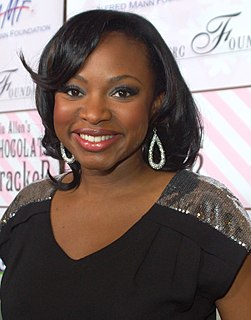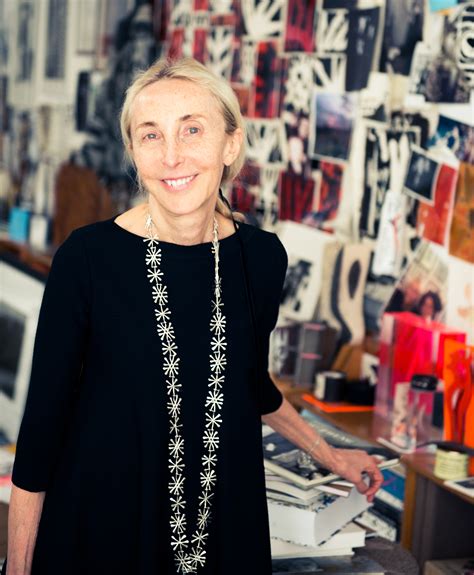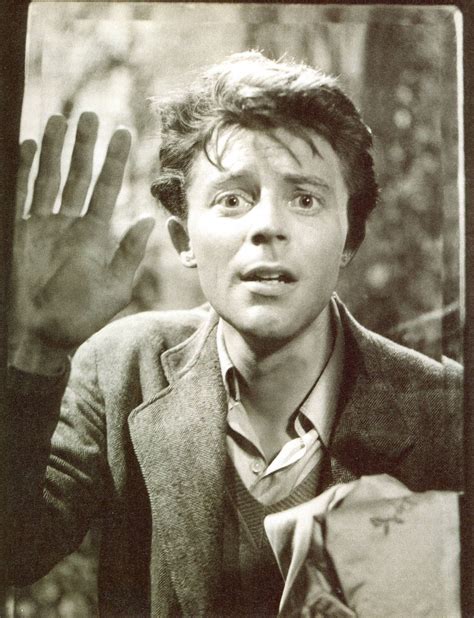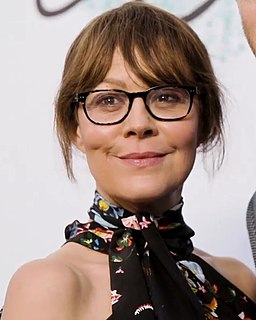A Quote by Truman Capote
A conversation is a dialogue, not a monologue. That's why there are so few good conversations: due to scarcity, two intelligent talkers seldom meet.
Related Quotes
When I was a young fellow, I used to learn the dialogue backwards. The point is that in a conversation between two people, you can't have already made the decisions about what you're gonna do. You gotta be very light on your feet. That leads you into areas where conversations can have a much bigger, grander meaning.
I happen to disagree with the well-entrenched theory that the art of conversation is merely the art of being a good listener. Such advice invites people to be cynical with one another and full of fake; when a conversation becomes a monologue, poked along with tiny cattle-prod questions, it isn't a conversation any more.
We have been making constant efforts, all the time, to start dialogue with the SLORC, but you know it takes two. We don't want a monologue. We would like a substantive political dialogue among the SLORC, political leaders including myself, and leaders of ethnic groups-exactly as stipulated in the U.N. General Assembly resolution on Burma.
People who are exceptionally intelligent are often lonely because there are few people as intelligent as them. I have two little children, and everyone says: 'I hope they're doing well in school. I hope they're bright.' And I think: 'Why would anyone want their children to be the brightest?' Academia is a lonely world.
People who are exceptionally intelligent are often lonely because there are few people as intelligent as them. I have two little children and everyone says: 'I hope they're doing well in school. I hope they're bright.' And I think: why would anyone want their children to be the brightest? Academia is a lonely world.






































